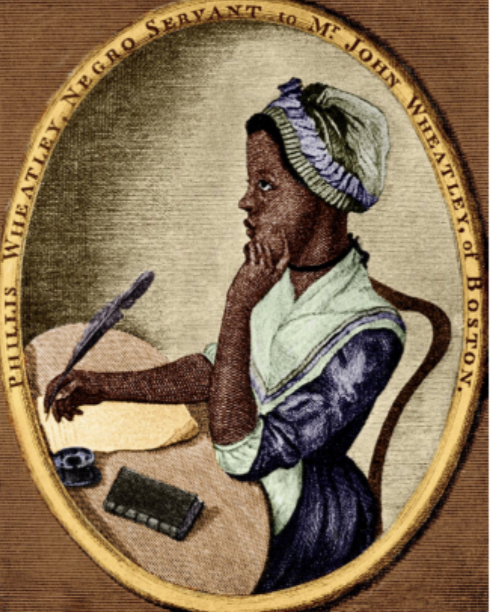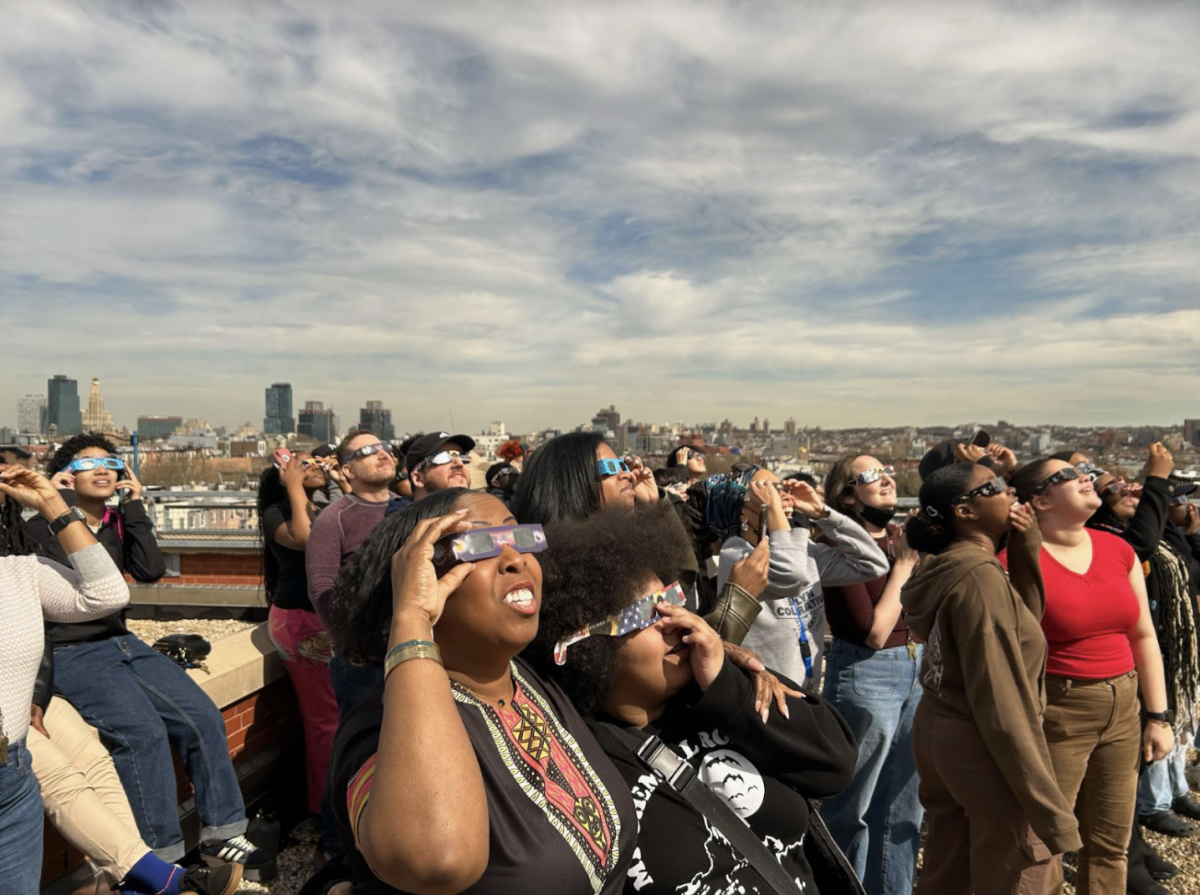April is National Poetry Month. As a writer, it is the perfect time for me to reflect on the poets who came before me. Poetry has done so much for the Black community. It was (and continues to be) a safe space for so many of us. It gave my people the strength to persevere through hard times. When it felt like we had nothing left, we held onto our pens and wrote about horrific experiences in the most beautiful way.
The life of Phillis Wheatley is direct evidence of this fact. Wheatley was born and raised in West Africa. When she was seven, she was captured and sent to the Boston docks with a group of “refugee” slaves who were unsuited for physical labor. The captain of the ship believed that Wheatley was terminally ill, and he wanted to make money on her before she died. In August 1761, Wheatley was purchased by a white woman named Susanna Wheatley. The Wheatleys did not excuse Phillis from her housework, but they taught her how to read and write. Pretty soon, she was deeply interested in the Bible, astronomy, geography, history, British literature, and more. She wanted more intellectual challenges and yearned for an “academic atmosphere.”
Wheatley’s first poem was “On Messrs. Hussey and Coffin.” She wrote it when she was only thirteen years old. It was published in Newport, Rhode Island, Mercury on December 21, 1767. By the time Wheatley was eighteen, she gathered a collection of poems and ran advertisements for subscribers in Boston newspapers. However, colonists were unwilling to support literature written by an African. Wheatley then forwarded her poem titled, “An Elegiac Poem, on the Death of that Celebrated Divine, and Eminent Servant of Jesus Christ, the Reverend and learned George Whitefield…” (1770), to Selina Hastings, the Countess of Huntingdon. Whitefield, someone Wheatley had alluded to in her poem, had been her chaplain. After reading the poem, Hastings ordered a bookseller named Archibald Bell to “begin correspondence with Wheatley in preparation for the book.” Her book Poems on Various Subjects, Religious and Moral was published in 1773 and she became a celebrated poet. Her book was the first volume of poetry to be published by an African American in modern times. Wheatley died on December 5, 1784. Although she is no longer with us, scholars have been able to uncover poems, letters, and new details about her life (The Poetry Foundation, n.d).
Wheatley’s story serves as inspiration for my writing. Despite all the hardships she faced because of her race, she persisted and ended up publishing an incredible work of art. As an African who was stolen from her home, she hated the institution of slavery and used her art to criticize it. In this same way, I will use my writing to speak out against the issues that my people face in this country. I will never take my ability to write for granted, because I know that just a few centuries ago, we weren’t given the tools we needed to express ourselves through writing. I am grateful for women like Wheatley, and I will continue to walk the path that she has paved for us.
“WHEATLEY’S STORY SERVES AS INSPIRATION FOR MY WRITING .”- Zoe Davis





